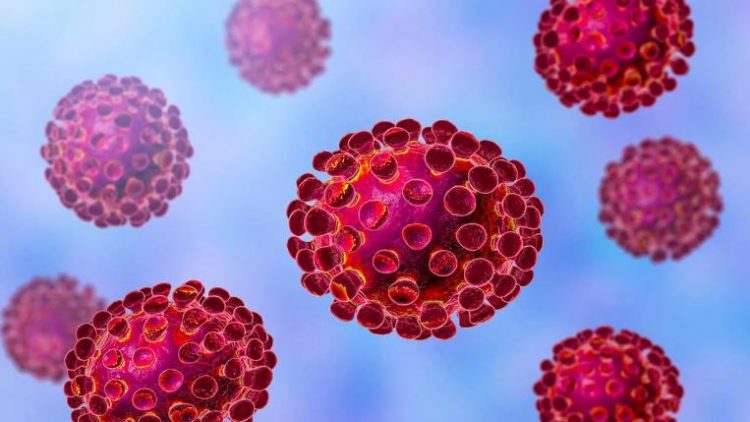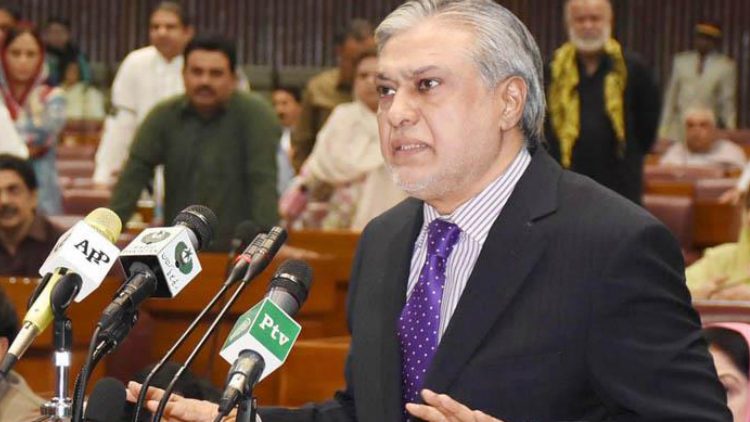A Synopsis of Federal Budget 2017-18
The PML-N government has unveiled its fifth budget with a total outlay of Rs4.75 trillion for the fiscal year 2017-18. The country’s economy has gone past the 5% threshold this year and has grown at 5.3%, the government has now set a target of 6% Gross Domestic Product (GDP) growth for the upcoming fiscal year.
Following are the key highlights of the budget
- The total outlay of the budget is Rs4.75 trillion
- The development expenditure for next year will be Rs1.001trillion, 40% higher than the Rs715bn allocation last year. An amount of Rs1.112trn has been earmarked for provincial annual development programmes, which is 37% higher than the outlay of 2016-17.
- The tax revenue target has been set at Rs4.33 trillion
- Provincial share to increase to Rs2, 384 billion compared to Rs2,121 billion in 2016-17.
- The defence budget allocation for 2017-18 has been increased to Rs920 billion
- 10% increase in the salaries and pensions of the government employees proposed.
- The minimum wage has been set at Rs15, 000
- The Benazir Income Support Programme will be allocatedRs121b for 5.5 million beneficiaries.
- Rs180 billion allocated for CPEC projects
- Rs49 billion allocated for health sector
- Rs35.7 billion allocated for the Higher Education Commission
- The energy sector has been accorded due priority where Rs404 billion will be invested.
- An allocation of Rs38 billion has been made for development of the water sector.
- An amount of Rs320 billion has been allocated for national highways for 2017-18
- An allocation of Rs42.9bn has been made for development of railways sector.
Relief Measures
The relief measures announced by the government are worth Rs32.5 billion. Of them, Rs1.2 billion relief was given in customs, Rs18.7 billion in sales tax and FED and Rs12.6 billion in income tax.
Agriculture
- The government has announced following relief measures for the agriculture sector
- Imported fertilizer will be subsidized and sold for Rs1, 000 per bag.
- DAP fertilizer will be subject to a fixed sales tax.
- Urea will continue to be sold at Rs1, 400 per bag by reducing taxes and subsidies.
- Hybrid seeds for canola and sunflower crops will be exempted from duty.
- Agricultural tubewells will be provided subsidized electricity.
- Certain imported machinery for poultry farming will be charged a lower sales tax rate of 7%, compared to 17% previously.
Textiles
- Mark-up rate on Long Term Financing Facility will be reduced from 11.4% to 5%.
- Duty-free import of textile machinery will be allowed.
- Zero-rated sales tax regime for textiles, leather, sports goods, surgical goods and carpets will be continued.
Information Technology
- Startup software houses will be exempted from income tax for the first three years.
- IT exports from Islamabad and other federal territories will be exempted from sales tax.
- Withholding tax on mobile phone calls to be reduced from 14% to 12.5%, while the sales tax will also be reduced to 17% from the current 18.5%.
- The customs duty on smartphone sets will be cut to Rs650 per set from Rs1, 000 per set.
New Taxes
The government has imposed around Rs120 billion worth new taxes. The breakdown of the new tax measures shows an amount of Rs47.4 billion worth income tax measures, Rs52.6 billion of sales tax and FED and Rs20 billion customs duty.
- 5% tax has been raised on imported shoes, clothes, watches, makeup supplies, perfumes, tin food, juices, mineral water, vitamin water and other 565 objects.
- The rate of tax on dividend income was increased to 15% from 12.5%, and an increased rate of 12.5% from 10% on dividend received from mutual funds.
- On stock market transactions, a flat single rate of 15% for filers and 20% for non-filers is introduced



















Really helpful, being a blogge